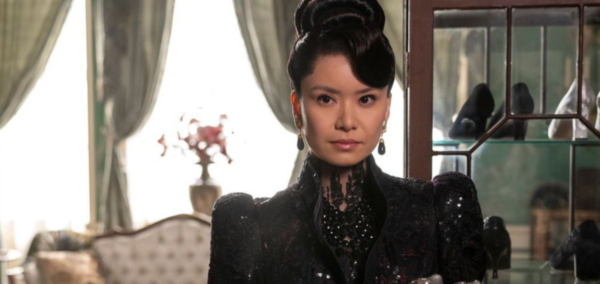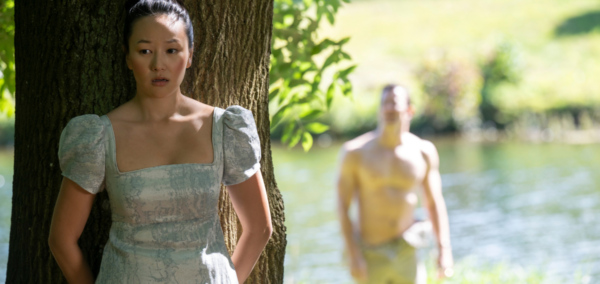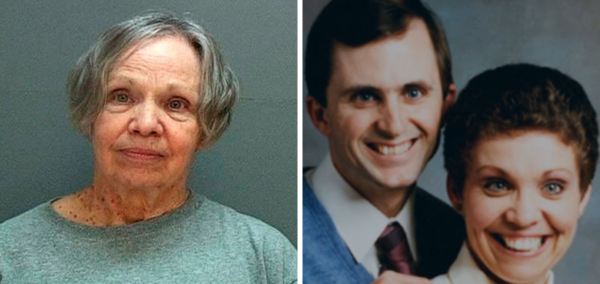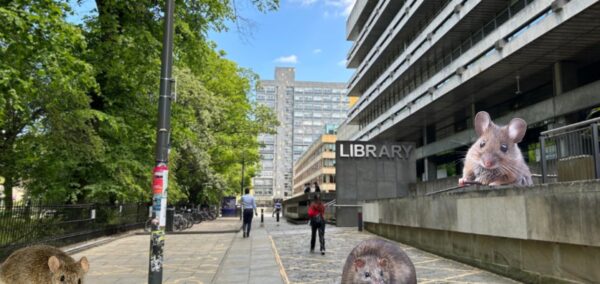
Cambridge Uni vet school could lose accreditation after report highlights ‘ethical concerns’
Regulators also uncovered mishandling of complaints from students who experienced racism and discrimination
The University of Cambridge’s vet school has been threatened with losing its accreditation following a report by the Royal College of Veterinary Surgeons (RCVS).
Regulators uncovered concerns around animal euthanasia, as well as mishandling of complaints from students who experienced racism and discrimination.
The report explained how Cambridge’s veterinary medicine course had failed to meet 50 of 77 necessary standards, leading the RCVS to grant the university only temporary accreditation until its final review in September due to the “unusually high number of recommendations and concerns about the delivery of the Cambridge degree”, The Guardian reports.
If it fails this next review, the Cambridge vet school could be barred from enrolling new students.
Some aspects of the vet school’s teaching practices were commended by the report, such as its “approach to clinical teaching in years four, five and six”, and the fact that the university farm is “providing a good learning environment for students”.
However, a number of serious areas of concern were raised.
Ethical and animal welfare concerns were highlighted, with allegations arising from multiple sources that farm animals presenting with symptoms requiring isolation were “automatically” put down, and investigators reported that isolation facilities for larger animals in the department were not fit for purpose.
As well as this, significant concerns around the handling of discrimination against students while on placement were highlighted.
The report stated that although “reporting mechanisms for students on placement exist” the department had “inadequate methods of follow up and inconsistency in approach with regards to discrimination.”
Most Read
It continued: “For placements where Black, Asian and students from ethnic minority groups have experienced discrimination, a ‘red flag’ is added to the placement on the EMS database alerting such students to avoid. Problematic placements are not removed from the database despite issues, which may validate discriminatory behaviour in the eyes of other students”.
Staff also “commented to panel that, with regard to reported concerns on placements, students need to sometimes ‘man up’ instead of reporting issues”.
The report also criticised the lack of a “directed approach to admissions targets” for categories other than “social deprivation”, such as “ethnicity”, recommending that the vet school “provide evidence that they actively and consistently promote, monitor and maintain a culture that does not discriminate, and enhances diversity throughout the programme”.
In an email to students, the head of department for veterinary medicine, Professor Mark Holmes, and the acting head of biological sciences, Professor John Simons, said: “To address the serious issues raised, the university will immediately bring in external expertise to support the department of veterinary medicine and help lead the intensive work required over the coming months”.
They added: “While we recognise the RCVS report will cause concern, it is important to be clear that we remain accredited. We will do everything we can reasonably do to support students to complete their course and receive full accreditation.”
The Cambridge University Department of Veterinary Science has been approached for comment.



















